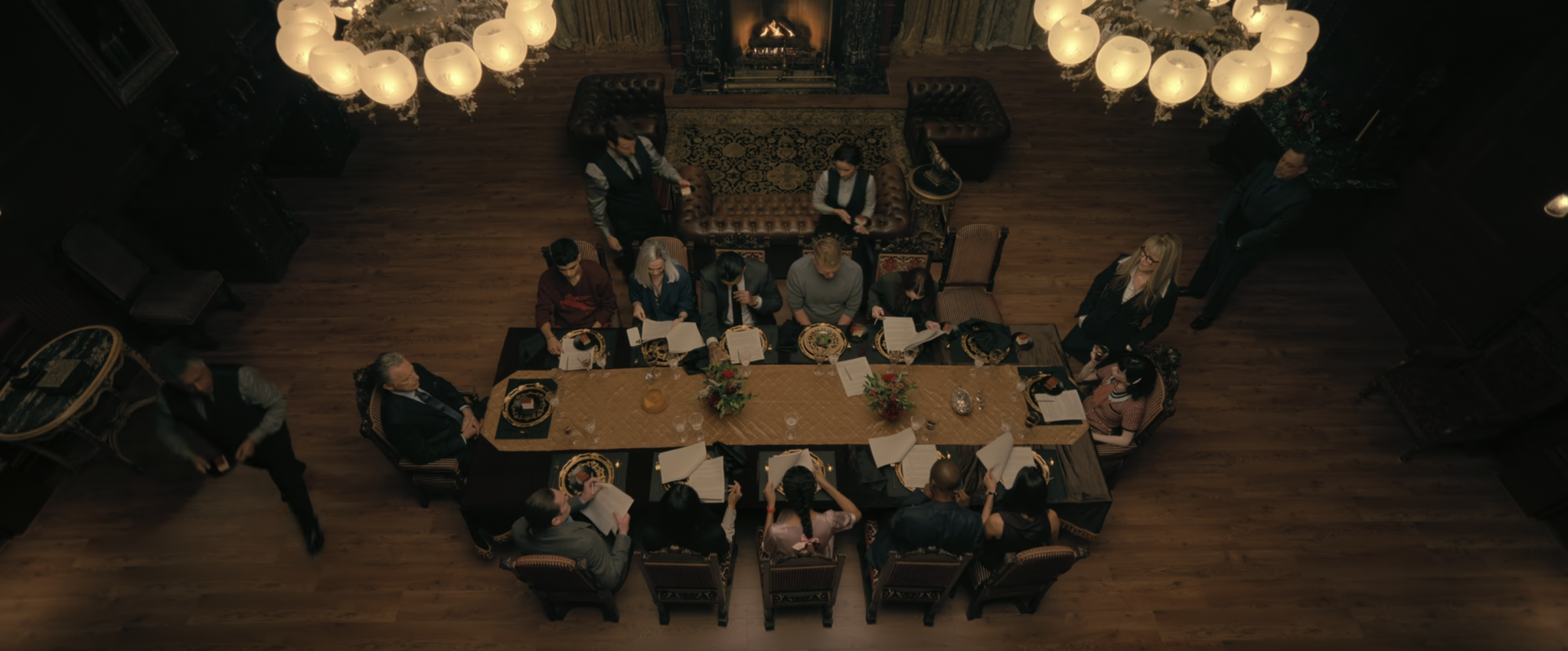Netflix’s The Fall of the House of Usher, named after the Edgar Allan Poe story, premiered on Thursday. Modern horror maestro Mike Flanagan, who also directed The Haunting of Hill House and Midnight Mass, created a modern interpretation of Poe’s work, but only within the first 20 minutes.
The show opens with Usher family patriarch Roderick Usher burying three of his adult children less than a couple weeks after his other three children died. Speaking with detective C. Auguste Dupin, Usher reveals the truth behind the deaths, beginning with his involvement in his mother’s death as a teenager.
What follows is a ghastly, tension-packed story of Roderick and his sister Madeline growing up in their father’s mansion as his illegitimate children. The children grapple with their mother Eliza’s implied death from catalepsy — similar to how Madeline died in the original tale — and her rise from the grave, all of which correspond to events from the source material.
[Troye Sivan’s third album delivers a ‘Rush’ of queer complexities]
The rain-soaked scene of Eliza knocking on the siblings’ father’s door and choking him to death before dying once more lingers, showing how “the house” of a family can fall. This macabre, tightly directed sequence is one that fans have come to expect from Flanagan based on his previous work.
This brilliance is what makes the smorgasbord of tropes and storylines in the following episodes even more disappointing.
The series is a concoction of multi-billionaire family drama, along with a commentary on the ridiculousness of modern media consumption featuring a questionable “is this cake?” reference, dashes of grindhouse and a critique of blind hedonism reminiscent of 80s horror films.
The Fall of the House of Usher doesn’t fail to entertain in the way trashy reality TV or daytime soap operas do, and it dazzles the horror-lover’s eye with its brooding, sometimes gory choices. For a director with Flanagan’s history, though, it’s an underwhelming follow-up and disappointing departure from his partnership with Netflix.
For the Poe fan, it’s less an homage to the author’s revolutionary catalog and more a quest to discover how many references to his work can be crammed into a convoluted script.
[‘Lessons in Chemistry’ starts off strong in first two episodes]
Rather than being amazed at seeing Poe’s work remastered for the 21st century, the show warrants reactions of cheap gasps and excitement similar to those of Marvel cameos.
However, there is an interesting air of mystery behind finding out how each child died. The audience learns about the mysterious apparition of a woman that plays as a death omen for the family and enjoys watching an evil pharmaceutical company get ripped apart in the eyes of the public. It does seem the script is racing to maintain each storyline.
The issue lies not with the film deviating from the story’s contemporary issues regarding legacy and inheritance, but with the jump between various locations and complicated storylines.
2021’s Midnight Mass contains a similarly large cast, but the setting of a small fishing town and common meeting ground of the local church allows the biblical horror infecting the city to be even more palpable. Flanagan crafts genuine terror with the knowledge that no one can really escape, and the audience gets to sit more with complex, damaged characters. The Fall of the House of Usher doesn’t offer viewers this same luxury, cutting back and forth between each sibling’s conflict along flashbacks with Roderick and Dupin. While phenomenal performances from the main cast ease this difficulty, I feel as if I lack a deeper understanding of most of the Usher family.



